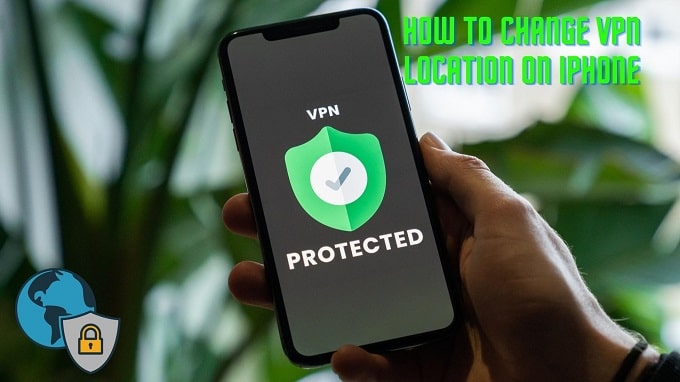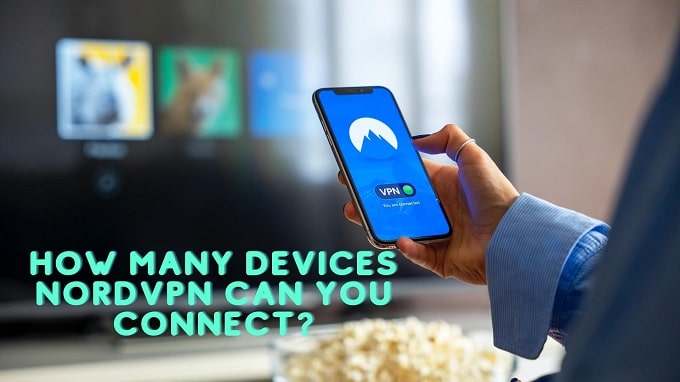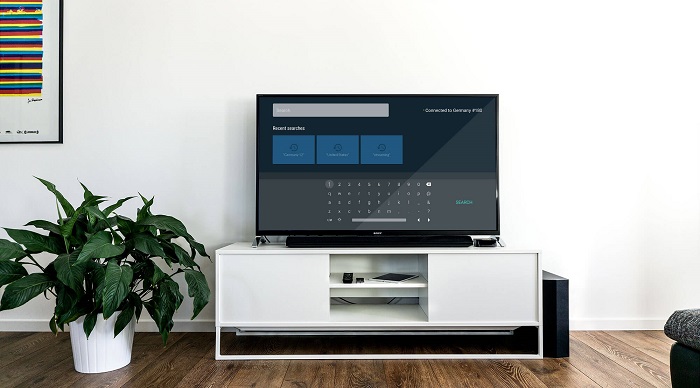If you’re like most people, you spend a good chunk of your day browsing the internet. And if you’re like most people, you don’t want your employer to know about it. Maybe you’re looking for a new job during work hours. Or maybe you just like to relax by reading news articles and watching cat videos when you should be working.
Whatever the reason, it’s important to know how to hide your browser from your employer. In this blog post, we will discuss some tips and tricks that will help keep your browsing activities hidden from prying eyes!
Should I hide my browser history from my employer at all?

The first question you need to ask yourself is whether or not you should be hiding your browser history from your employer in the first place. If you’re simply doing some personal browsing during work hours, there’s no harm in keeping your activities hidden.
However, if you’re using company time and resources for personal gain (e.g., looking for a new job during work hours), then you could get into trouble. Weigh the risks and benefits before taking any action.
Who mostly tries to hide browser history from employers?
There is no one specific group of people who tries to hide their browser history from employers. Anyone who values their privacy and doesn’t want their employer to see their browsing history may take steps to keep it private.
Additionally, anyone who uses company devices or networks for personal activity may want to take steps to ensure that their employer can’t see what they’re doing.
What can an employer find out when he sees my browser history?
When you browse the internet, your browser stores information about the websites you visit in your history. This information includes the website’s URL, when you visited it, and how long you were on the site.
Your employer can use this information to see what websites you’ve been visiting during work hours.
Why should employers keep track of their employees’ online histories?
There are a few reasons why employers might want to keep track of their employees’ online histories.
First, they may want to make sure that employees are using company time and resources for work-related activities.
Second, they may be concerned about potential security risks associated with certain websites.
Finally, they may simply want to know what their employees are doing during work hours!
How can I hide my browser history from my employer?

We’ve selected the best options for you to hide your browser history from your employer. With these features, you can be sure of your anonymity.
Private browsing mode
Private browsing mode is a feature that allows you to browse the internet without saving your browsing history. In most browsers, private browsing mode is accessed by opening a new incognito window. When using private browsing mode, your browser will not save your history, cookies, or other data.
Additionally, any files you download will be deleted when you close the incognito window. Private browsing mode can be useful for keeping your employer from seeing your personal browsing history. However, it’s important to note that the private browsing mode does not provide complete anonymity.
Your employer could still see your activity if they’re monitoring your internet usage. Additionally, if you’re using company email or another work-related service in private browsing mode, your employer could have access to that information as well. However, it’s important to keep in mind that it does not provide complete anonymity.
Proxy server
A proxy server is a computer that acts as an intermediary between your device and the internet. When you connect to the internet, you do so through the proxy server. This means that all of your internet traffic passes through the proxy server. The proxy server can then monitor your activity and block certain websites or content.
Additionally, the proxy server can cache data, which means that it can save copies of websites and files that you’ve accessed. This can help improve your browsing speed, as you won’t need to download files from scratch every time you visit a website. There are a few different types of proxy servers, but they all serve essentially the same purpose.
Tor browser
Tor is a free and open-source web browser that anonymizes your online activity by routing your traffic through a network of servers. This makes it difficult for anyone to track your internet usage or identify you online. You can download Tor from the Tor Project website.
Once you’ve downloaded and installed Tor, using it is similar to using any other web browser. Simply open the program and navigate to the website you want to visit. Keep in mind that because Tor anonymizes your traffic, some websites may not work properly when accessed through the browser. Additionally, you should avoid downloading files or sharing personal information while using Tor, as this could potentially compromise your anonymity.
Virtual private network (VPN)
A VPN, or Virtual Private Network, is a tool that allows you to browse the internet anonymously. When using a VPN, your traffic is routed through an encrypted tunnel, making it difficult for anyone to track your activity. Additionally, a VPN can help you bypass internet restrictions and censorship. If you’re concerned about your employer seeing what sites you visit at home, a VPN is a good option. There are many different VPN providers available, and you can typically find one that fits your needs and budget. In our opinion the NordVPN might be a good option, as it’s one of the most reputable and affordable VPN services on the market, as well as one of the fastest.
No matter which method you choose, it’s important to be aware of the risks involved. Your employer could always find out about your activities if they’re determined enough. And if you’re using company time and resources for personal gain, you could get into trouble regardless of how well you hide your tracks. With that said, there are plenty of legitimate reasons to keep your browsing history private from your employer. So long as you weigh the risks and benefits, you can make the decision that’s right for you. If you’re trying to hide your browser from your employer, use caution and common sense. These tips should help you stay safe and hidden while browsing the internet at work. Taking risks could lead to serious repercussions for your company.
Is it worth using your phone to surf the Internet?
While you can use your phone to surf the Internet, it may not be worth it. Your employer could still track your activities if they’re monitoring your phone usage. Additionally, using your phone to surf the Internet can be slow and unreliable. So, unless you absolutely need to use your phone to browse the web, it’s probably not worth it.
If I get caught hiding my browser from my employer, what could happen?

If you’re caught hiding your browser from your employer, you could face disciplinary action from your company. This could include a warning, suspension, or even termination. Additionally, your employer could start monitoring your internet usage more closely, which could lead to them discovering what you’re trying to hide. Finally, if you’re using a VPN or proxy server, there’s always the risk that these services could be discovered and blocked by your employer.
Hiding your browser from your employer is a risky proposition. Weigh the risks and benefits carefully before taking any action. These tips should help you stay safe and hidden while browsing the internet at work.
Weighing the risks and benefits, is hiding your browser history from your employer worth it?
This is a decision that you will need to make for yourself. If you’re simply doing some personal browsing during work hours, the risks are probably low. However, if you’re using company time and resources for personal gain, the risks are much higher. You will need to decide if the benefits of hiding your browser history from your employer outweigh the potential risks.
As always, use caution and common sense when taking any action that could potentially get you into trouble at work! These tips should help you stay safe and hidden while browsing the internet at work.
Can employers view your Internet history at home?
It depends. If you’re using a work computer or device, your employer can likely view your browsing history. However, if you’re using your own personal device and an internet connection that your employer doesn’t have access to, they may not be able to view your browsing history. Additionally, if you’re using a VPN or proxy server, your employer may not be able to view your browsing history. Again, it depends on the specific circumstances. Use caution and common sense when do anything that might get you into trouble at work!
Do I need to create a separate email and number to work with?
No, you don’t need to create a separate email or number to work with. However, it might be a good idea to use a different browser for work and personal activities. This will help keep your employer from seeing your personal browsing history. Additionally, you should avoid using work devices or networks for personal activity. Doing so could give your employer access to your personal information.
Can my employer see my internet activity on my phone?
In most cases, no. However, there are a few exceptions. For example, if you’re using your employer’s Wi-Fi to access the internet on your phone, they could potentially see your activity. Additionally, if you’re using company email or another work-related service on your phone, your employer could have access to that information as well.
How can your employer see incognito?

There are a few ways that your employer could see incognito. For example, if you’re using your employer’s computer or network to access the internet, they could potentially see your activity. Additionally, if you’re using company email or another work-related service while in incognito mode, your employer could have access to that information as well. Finally, some employers use tracking software that can monitor employee internet usage, even in incognito mode.
What are some ways to quickly delete browser history?
There are a few ways to quickly delete your browser history. In most browsers, you can press Ctrl+Shift+Delete to open the history-clearing tool. This tool will allow you to select what information you want to delete, such as your browsing history, cookies, and cached files. You can also use a third-party extension or plugin to clear your browsing data automatically.
If you’re worried about your employer seeing your browsing history, there are a few things you can do to keep it private. Use caution when using work devices or networks for personal activity.
Can my employer see what sites I visit at home?
In most cases, no. Employers generally do not have the ability to track your internet usage at home. However, there are a few exceptions. For example, if you’re using your employer’s computer or network to access the internet, they could potentially monitor your activity. Additionally, if you’re using company email or another work-related service from home, your employer could have access to that information as well. If you’re concerned about your employer seeing what sites you visit at home, you can take steps to keep your browsing private. Use a different browser for work and personal activities, and consider using a VPN when connecting to the internet from home. By taking these precautions, you can help ensure that your employer won’t be able to see your browsing history.
Conclusion
In conclusion, there are a few things you can do to keep your employer from seeing your browsing history. Be careful with personal devices and networks, and consider using a different browser for work. Additionally, you can take steps to quickly delete your browser history, and use a VPN when connecting to the internet from home. By taking these precautions, you can help ensure that your employer won’t be able to see your browsing history. Thanks for reading! We hope this article was helpful.






